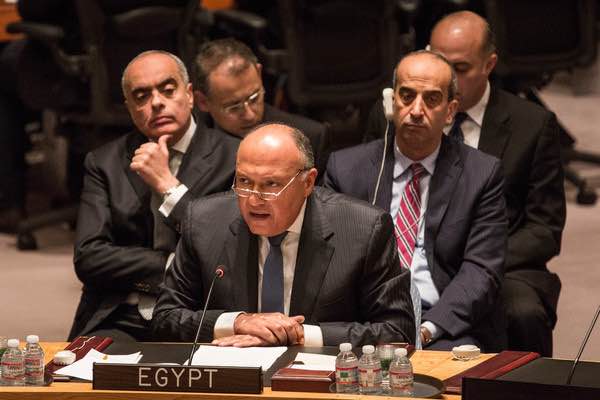Egyptian Parliament’s constitutional and legislative affairs committee approved, on Saturday, a draft law amending some provisions of the State of Emergency Law No. 162 of 1958.
The amendments are in line with current state measures taken to curb further spread of the novel coronavirus (COVID-19) pandemic.
According to the amendments, measures have been introduced “to allow the President or his representative to take all or some of these measures to face the health emergency, including disrupting studies in universities and schools, completely or partially disrupting work in ministries and departments, and delaying payment for electricity, gas, and water services.”
The amendments also allow “partial or total extension of the deadlines for paying taxes, extending the deadlines for paying all or some of taxes due or in instalments.”
Those coming into the country from abroad may be asked to undergo quarantine procedures in accordance with the health requirements determined by the authorities.
The amendments can prohibit the export of some goods and products, and place restrictions on the circulation, transfer, sale, or possession of some goods and products.
Also affected by the amendments are the prices of some services, commodities, and products, the method of collecting financial and in-kind donations to face the emergency, the rules for allocating and spending from these donations, and determining financial or in-kind aid for individuals and families and defining rules for their disbursement.
Abdel Hady Al-Qasabi, head of the Support Egypt parliamentary bloc, said that Parliament Speaker Ali Abdel Aal decided to reschedule the date of the council’s session to 21 April instead of 29 April. He added that parliament would renew the state of emergency during its plenary session.
In the plenary session, the parliament is scheduled to discuss giving the prime minister greater powers in light of the coronavirus crisis. This could be through postponing schools or universities, or postponing tax accrual, and giving exceptional grants to citizens, among other decisions.


